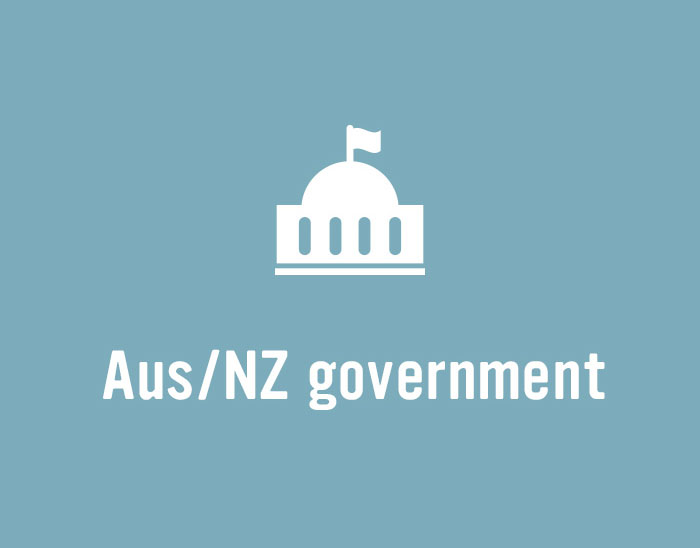
News

Sustainability is a watchword for New South Wales Treasury Corporation in both its central roles as issuer of state-government bonds and manager of several public-sector funds. Key to its success is collaboration with government and strategic financial industry participants, with a collective aim to strengthen the system as a whole.

In August, ANZ and KangaNews hosted a roundtable to discuss the evolution of sustainable-debt product in Australia. Local investors share views on how the emergence of new security types can satisfy their burgeoning demand for more detail and greater insight into funds’ impact. Meanwhile, issuers from the corporate and bank sectors discus matching product to their own sustainability ambitions.

The global sustainable-finance market continues to innovate in the areas of product, reporting and data provision among others. In this environment, ING and KangaNews gathered leaders from the Australian and European corporate sector with other market participants to discuss how borrowers are furthering the alignment between finance and corporate-sustainability goals.

Australia is playing catch-up in electric-vehicle adoption. Policy will be a key driver, but the private sector – including auto lenders – will also play a part. Clean Energy Finance Corporation and KangaNews hosted a roundtable in August, at which market participants shared their insights into uptake, outlook and funding implications.

One of the most significant aims of sustainable finance is developing climate-reporting standards that are as quantitative and robust as financial reporting. New Zealand is taking a global lead on mandatory climate reporting but there is much work to be done to reach the end goal.

The need to transition economies to more environmentally friendly and socially conscious settings, and for financial markets to facilitate this transition, requires vast amounts of data to assess, measure and compare progress. Refinitiv has been collating environmental, social and governance data on companies around the world since 2002 and shares its findings on the Asia-Pacific region.

Lack of senior-unsecured supply from the major banks continues to represent a major hole in the Australian debt market, according to KangaNews issuance data from the first half of 2021. Meanwhile, sovereign and semi-government issuance has receded from the heights of last year.

For the finance industry to support low-carbon economic transition to the fullest extent, sustainability principles must be applied across the business landscape and not just to the largest companies. However, the challenges are magnified for companies without the resources of the institutional sector.

Australasian market activity surged in the third week of September with many notable highlights, such as New Zealand Debt Management's curve-extension syndication and Treasury Corporation of Victoria's inaugural sustainability bond.

In July, Commonwealth Bank of Australia and KangaNews conducted the second iteration of their annual environmental, social and governance survey of the Australian domestic fixed-income investor base. The survey was followed by an investor roundtable to discuss the findings and gain insight into the strategies behind the responses.


